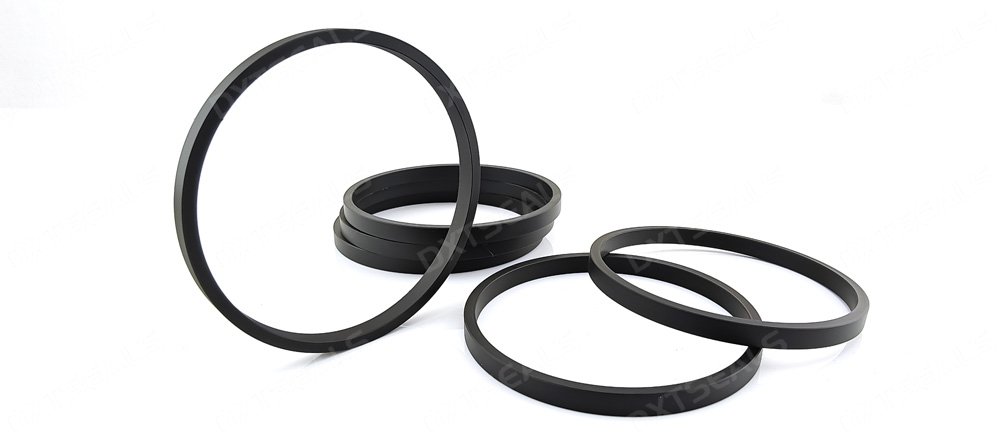
Nylon wear rings are essential components in various industrial applications, renowned for their durability and performance. This article explores the unique characteristics of nylon wear rings and identifies the industries and conditions where they excel.
1. Understanding Nylon Wear Rings
Nylon wear rings are engineered components designed to reduce friction and wear between moving parts in machinery. They provide a durable and effective solution for applications requiring smooth operation and minimal wear, making them a popular choice across multiple sectors.
2. Key Characteristics of Nylon Wear Rings
- Excellent Wear Resistance: Nylon has superior wear-resistant properties, allowing wear rings to withstand significant friction and prolonging the lifespan of equipment.
- Low Friction Coefficient: Nylon wear rings have a low coefficient of friction, which helps minimize energy loss during operation and improves overall efficiency.
- Chemical Resistance: These rings can resist a variety of chemicals, making them suitable for use in aggressive environments.
- Lightweight: The lightweight nature of nylon helps reduce the overall weight of machinery components, facilitating easier handling and installation.
- Self-Lubricating Properties: Nylon wear rings can often operate without additional lubrication, reducing maintenance needs and enhancing reliability.
3. Suitable Applications of Nylon Wear Rings
Nylon wear rings find applications across various industries, including:
- Hydraulic Systems: In hydraulic cylinders, nylon wear rings help maintain proper alignment and reduce wear, ensuring smooth operation.
- Pumps and Compressors: These rings are used in pumps and compressors to minimize friction and prevent damage from wear, enhancing performance and longevity.
- Automotive Components: In the automotive sector, nylon wear rings are used in various components such as bearings and bushings, providing durability and reliability.
- Material Handling Equipment: Nylon wear rings are often found in conveyors and other material handling systems, where they reduce wear and ensure smooth movement.
- Food Processing: With their chemical resistance and low friction, nylon wear rings are ideal for use in food processing equipment, where hygiene and efficiency are paramount.
4. Advantages of Using Nylon Wear Rings
- Cost-Effectiveness: The durability and wear resistance of nylon wear rings lead to lower replacement costs and reduced downtime, making them a cost-effective solution for businesses.
- Enhanced Performance: By minimizing friction and wear, nylon wear rings improve the efficiency and reliability of machinery, contributing to smoother operations.
- Versatility: The ability to withstand various environmental conditions makes nylon wear rings suitable for a wide range of applications across different industries.
5. Conclusion
Nylon wear rings are vital components in many industrial applications, offering exceptional wear resistance and performance. Their unique characteristics make them ideal for use in hydraulic systems, pumps, automotive components, material handling equipment, and food processing. By understanding the advantages and applications of nylon wear rings, manufacturers can enhance operational efficiency and reliability in their processes.
